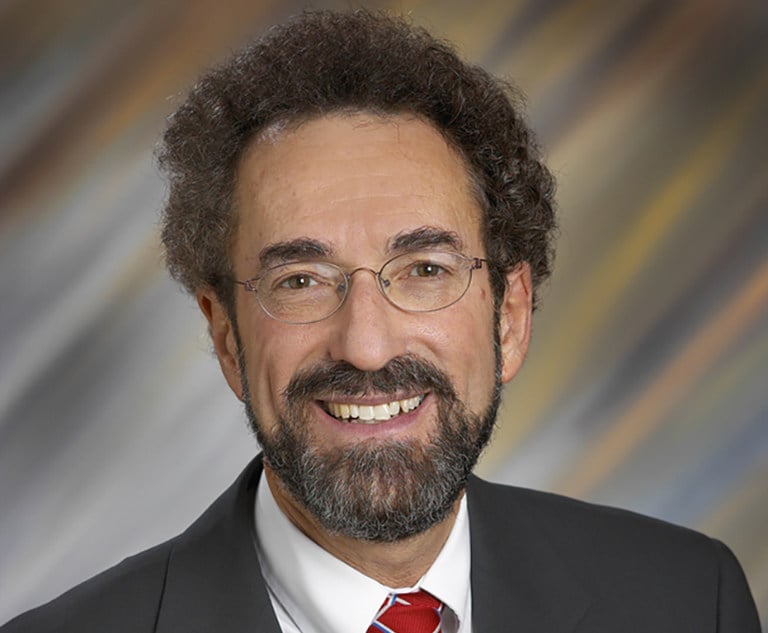The debate over separation of powers is said to have its origin in a proposal by the French political philosopher Montesquieu, first annunciated in De l’esprit des lois, The Spirit of the Laws, 1748. English philosopher, John Locke, had written about the division of power between king and Parliament. In the Biblical system, there was always to be a separation between king and high priest, as well as between king and prophet. When the Hasmoneans violated the separation of powers, major disruption ensued, until it was restored by Queen Alexandra Salome by the appointment of her brother, Joshua, to be high priest.
In the United States, there are those who argue that separation of powers has been eroded tremendously. The president can use the proclamation power to override or ignore Congress. Congress passes legislation to permit the president war powers, without there ever being a declaration of war as required by the Constitution. Administrative agencies, the great American bureaucracy, perform legislative, executive and even judicial functions. Entities created by Congress, such as the Social Security Administration, have hearings and make determinations all the time. Even though these “legal” decisions can be appealed to a court of law, the bureaucracy is the final resort.
This content has been archived. It is available through our partners, LexisNexis® and Bloomberg Law.
To view this content, please continue to their sites.
Not a Lexis Subscriber?
Subscribe Now
Not a Bloomberg Law Subscriber?
Subscribe Now
LexisNexis® and Bloomberg Law are third party online distributors of the broad collection of current and archived versions of ALM's legal news publications. LexisNexis® and Bloomberg Law customers are able to access and use ALM's content, including content from the National Law Journal, The American Lawyer, Legaltech News, The New York Law Journal, and Corporate Counsel, as well as other sources of legal information.
For questions call 1-877-256-2472 or contact us at [email protected]


 Cliff Rieders, of Rieders, Travis, Humphrey, Waters, & Dorhmann. Courtesy photo
Cliff Rieders, of Rieders, Travis, Humphrey, Waters, & Dorhmann. Courtesy photo




